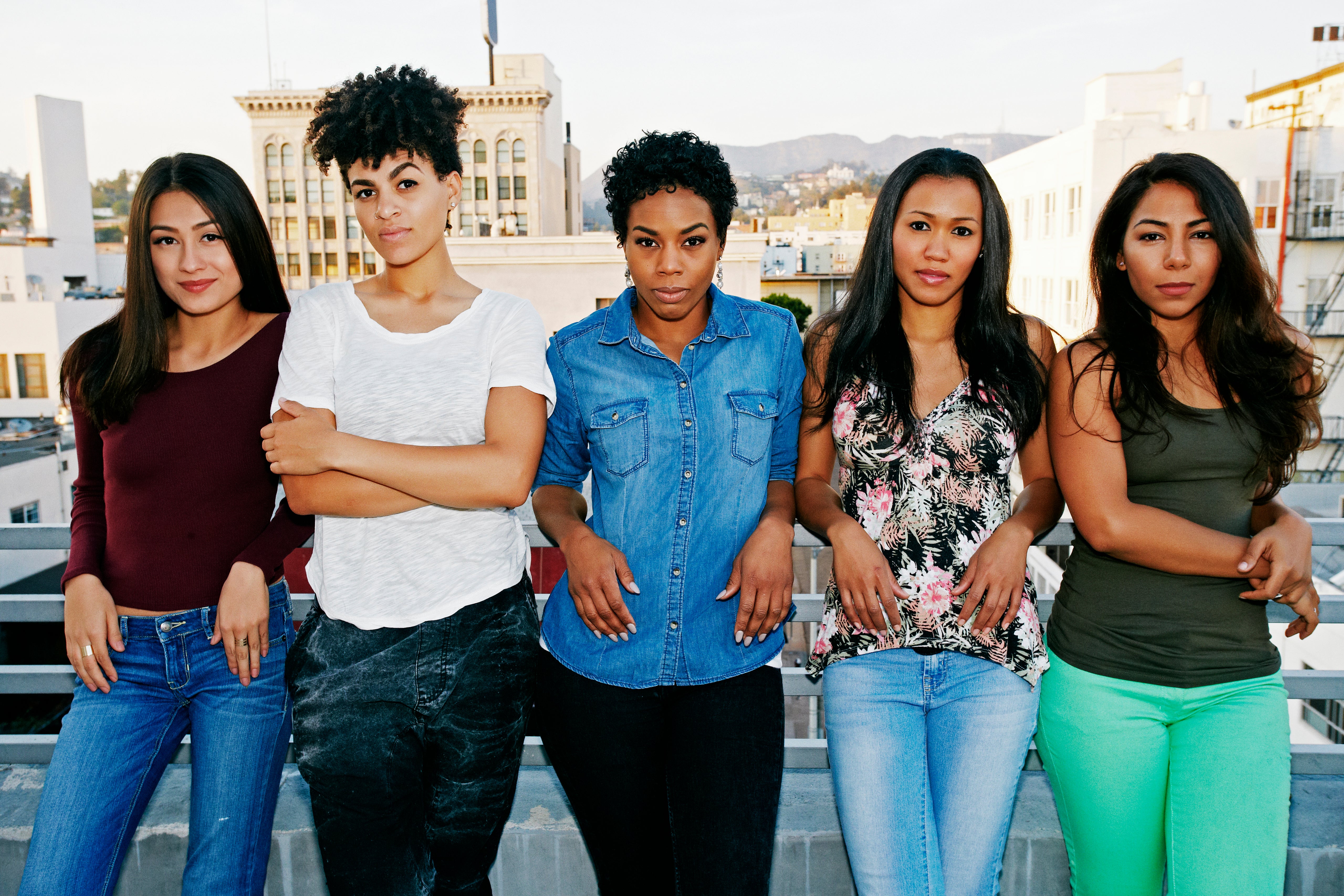
“No matter what happens you should always be ready for sex. Any time a woman should be ready, leave aside her feelings. She should just give. Her role is always to serve,” explains Beverley Nambozo on the line from Uganda’s capital, Kampala to talk CONSENT.
For this last conversation with women on CONSENT, I headed to the Continent to explore how culture shapes consent. Beverley is joined by Nana Akosua Hanson from Ghana. Both women are writers, poets and fierce gender activists.
Both reveal details of a culture that shapes girls and women’s beliefs about their body as bad, as belonging to men.
Nana Akosua Hanson explained neither consent nor sex was ever on a conversational agenda in her family. She did get sex education at school.
“Sex education was all about fear, you’ll get pregnant, you’ll get HIV. I remember one sex-ed teacher told us all to sign virginity pacts, pacts we should keep until we got married.” Akosua explains. She adds that the pacts were broken, but the real burden was the silence due to the shame around making them in the first place.
“The real tragedy wasn’t that the pacts were broken, but that we didn’t get that chance to have that real talk about sexuality, about dignity, respect for your body and particularly for me as a woman, my own agency. And looking back that pact was like this huge stonewall the adults had built around us and we were left to figure out our sexual relationships through trial and error. Looking back trial and error has caused a lot of us a lot of trauma”
Subscribe to our daily newsletter for the latest in hair, beauty, style and celebrity news.
I too am born of Ghanaian parents. It is Africa’s first independent nation, it is a home, it is where I live right now. It is also a nation that measures its morality by what happens between the legs of women and girls. Men’s actions – no matter how heinous, criminal, or degrading – do not impact how women are indicted for what happens between their legs. In other words, shit is fucked up.
Patriarchy is a global beast. And no nation is exempt.
“I remember back in high school, certain things we did, the few girls that owned their sexuality – we used to call them bad girls or spoilt girls – implying that she was destroyed, or dirty or rotten. We all used to shy away from that label”.
In the US, it’s ‘lil fas’ girls’, in Ghana its ‘spoilt girls’. Both terms are designed to shame and silence. As Beverley explains choosing the route where society promises fulfillment and joy was a sham too. She explains her first sexual encounter was with someone she believed she would spend the rest of her life with, she had waited, she had done what her culture, upbringing and society required of her. And she found the whole thing traumatizing.
“My first sexual encounter was really traumatizing.” She says. “I was with someone that I thought I would be with for the rest of my life. Society had labeled this safe space. I had no pleasure at all.”
Beverley explains she felt betrayed.
”I had been betrayed by a system that promised that first sexual encounter was beautiful because you kept yourself pure, but purity betrayed me, the system betrayed me, virginity betrayed me – it was a slap in the face. I had fulfilled all these requirements, I felt betrayed”.
For Diallo Shabazz, a new dad, a global educator and sustainability expert who has worked in North America, Asia and Africa, consent was learned from his father. His father had given him a permission-based model of consent, following it – he says – made him the last of his friends to experiment sexually.
“It was hard for me because I was always waiting for the consent conversation to take place,” he explains of the impact of his father’s lessons when he started dating.
“My friends would say what happened? We know that you hung out with her, and I would say nothing happened because she didn’t tell me it was okay. My friends would say did she give you a look. I was one of the last of my friends to experiment with my sexuality because I was waiting for permission”.
Diallo also shares how hyper masculine men in his family shaped his sense of manhood and prompted him to engage in sexual encounters he did not necessarily want. His grandfather and father were in the Army, he had uncles in the Marines and a brother in the Navy.
“… sometimes, as a man masculinity might compel me to consent to some kind of sexual interaction just because I’m a man and that’s what society says I should do but where I don’t really want to, so there’s an internal struggle. “
All three had to engage in some unlearning. For Nana Akosua unlearning was necessary to discover sexual pleasure.
“What I’ve had to unlearn is that owning my sexuality, being vocal about my wants and needs doesn’t make me a ho as society would love to tell me,’ she explains. ” I’ve learnt to be vocal about when I want sex, how I want it with my partner. I’m not afraid to speak up now. “
LISTEN TO THE FULL CONVERSATION HERE: BEVERLEY NAMBOZO & NANA AKOSUA HANSON
LISTEN TO THE FULL CONVERSATION HERE: DIALLO SHABAZZ
